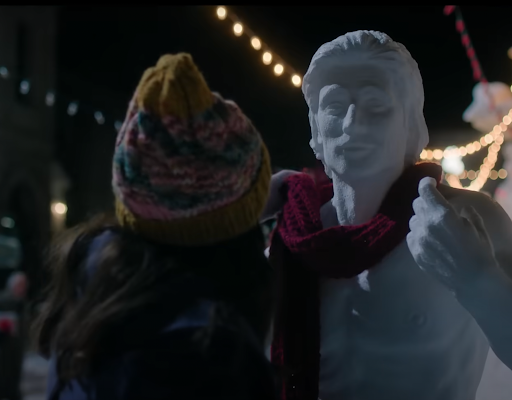Empathy and the power of perception. “Mudbound,” which recently premiered on Netflix, expertly navigates both of these powerful emotions through the brilliant direction of Dee Rees and against the backdrop of race relations in the South during and after World War II.
From its introduction, “Mudbound” ripples with tension and stifling Southern heat. This visually stunning, eye-opening film is centered around two families in the South, the black Jacksons and the white McAllens. The Jacksons and McAllens both need each other and destroy each other on this farm in the muddy Mississippi Delta, an idea conveyed by the parallel relationships between both families.
For example, Henry McAllen’s (Jason Clarke) sudden dream to become a farmer is paralleled by Hap Jackson’s (Rob Morgan) constant struggle to find a piece of land to call his own. Laura McAllen’s (Carey Mulligan) care for her family is paralleled by Florence Jackson’s (Mary J. Blige) struggle to care for both families without losing sight of her own. Perhaps most poignant is the parallel between Jamie McAllen (Garrett Hedlund) and Ronsel Jackson’s (Jason Mitchell) shared experiences in World War II, their resulting PTSD and the realization that the war at home is sometimes worse than the war abroad. All of these perspectives were masterfully juggled through the use of voiceovers from each character, highlighting their unique perspectives and successfully convincing the audience to believe not one character’s story was more important than the other’s.
Despite the fact that “Mudbound” is set in the past, it feels like a thing of the present, and its central themes most definitely are. For soldiers that fight abroad, they still must come home to the racism in their countries and the expectation to be complacent. For many soldiers that suffer from PTSD, there is still a do-not-talk-about-it attitude that stifles any chance of recovery. The women still rebel against the male dominance in their homes. And the quest to find something tangible to call your own is still something very real in America. This film and its bittersweet ending challenges viewers to think of their own empathy and perceptions in the present, a crucial reflection in a time of divise racial tensions across the United States.









